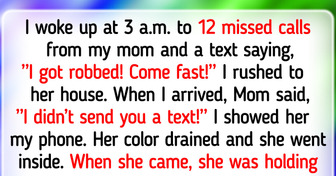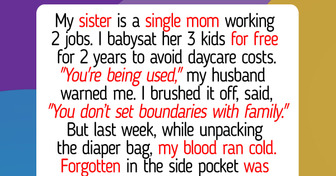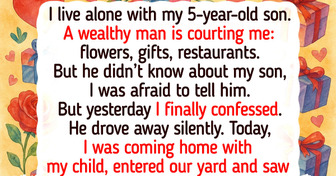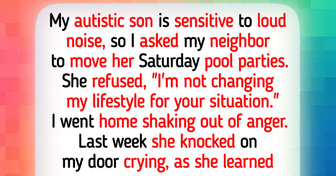I Refused to Share My Son’s Inheritance — Am I a “Bad Mother”?

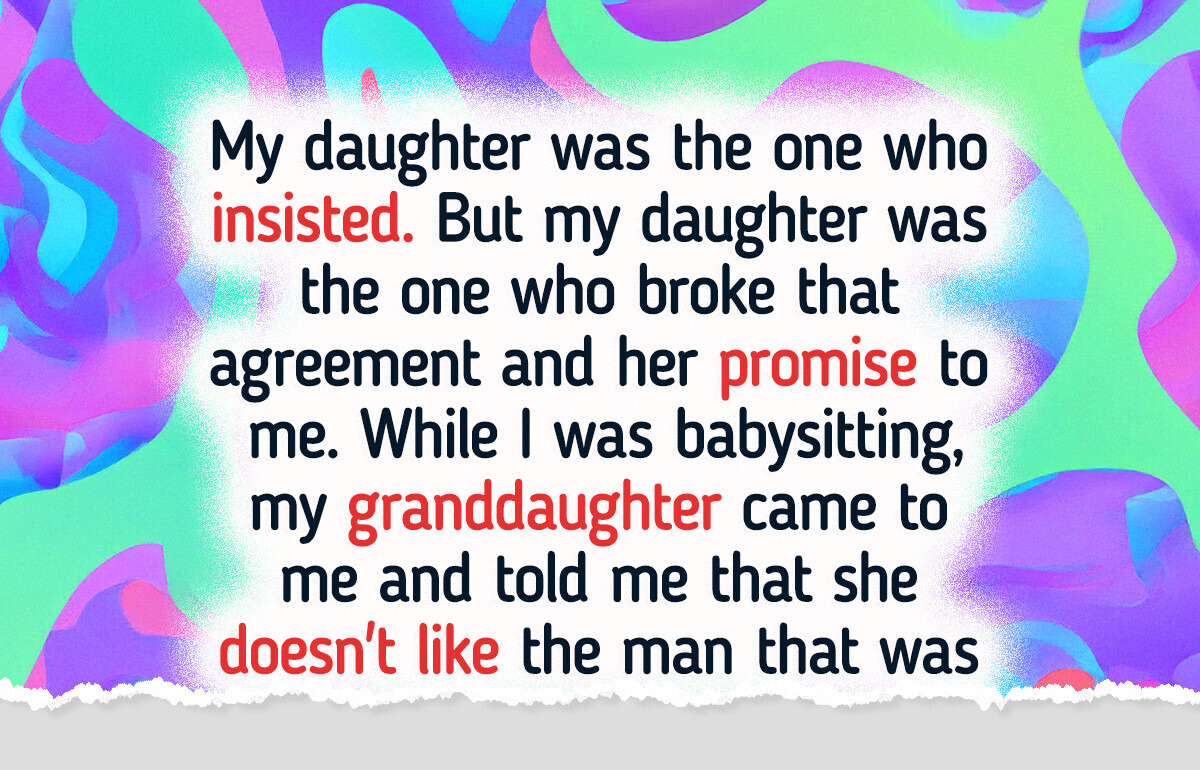
When a parent becomes deeply involved in a new relationship, it can sometimes cloud their judgment. Whether you’re a concerned grandparent, co-parent, relative, or close family friend, it can be painful to watch something like this unfold, especially when there are clear, legally binding rules attached to the situation.
Dear Bright Side,
I never liked my daughter’s ex. He seemed like a decent man with a good job, but I couldn’t ignore the feeling I got every time he was around. So when they divorced, I felt relieved.
They separated shortly after my granddaughter was born, but the divorce was a lengthy one. It dragged out for about a year. But there was one thing in their custody agreement that I liked. They had one clear rule: no new partners around their daughter until she was old enough to understand.
My daughter was the one who insisted on the rule because their child was so young. She didn’t want another woman to enter her daughter’s life at that age because she was afraid that it would confuse the child and lead to resentment. In simple terms, she didn’t want to be replaced.
But my daughter was the one who broke that agreement and her promise to me. When she mentioned it to me, I told her she was being unfair and that the rules counted for her too. She insisted she wouldn’t do anything like that and swore on her daughter’s life that she wouldn’t get into a relationship so soon.
Then one day, my daughter came up to me and asked if my grandchild had said anything about her. The question confused me for a moment, but it wasn’t long before I uncovered the truth.
While I was babysitting, my granddaughter came to me and told me that she doesn’t like the man that was coming to their house. I was taken aback, so I probed and found out what my daughter was up to. She had a date with another man in their house. My granddaughter said this man had been around for months, and now she was planning on moving in with him.
My granddaughter wasn’t happy about it because he was already acting like her father, and I was furious, so I called my daughter and asked her about it. She admitted to everything my granddaughter told me, and when I mentioned the custody agreement, she shrugged it off. So I called her ex and told him. He was just as furious as I was, but he didn’t know what to do.
A few months later, my daughter is living with her new fling, and I’m sharing custody of her daughter with her ex. We aren’t on speaking terms, and the court decided that she was only allowed supervised visits once a week.
Thank you for reaching out to us. We understand how tense a situation like this can be, so we’ve put together a few tips that might help you manage it.
Children thrive on predictability. When a new partner enters a parent’s life, routines can easily fall apart. Adults in the child’s life should aim to keep things steady. Maintaining structure around school, meals, and sleep can provide a powerful sense of safety.
Emotional consistency matters just as much; regular check-ins, simple quality time, and honest but age-appropriate conversations help the child process change in a healthy way.
When concerns arise, it’s important to approach the parent calmly and with clarity. The goal isn’t to shame or accuse, but to reflect what’s happening through the lens of the child’s experience. Focusing on specific behaviors encourages reflection, keeps the conversation from becoming defensive, and keeps the child’s needs at the center.
When it becomes clear that the child needs extra support, others may feel compelled to step in. Whether that means helping with school pick-ups, offering a stable place to stay, or simply being a consistent emotional presence, the key is to do so without judgment or strings attached.
Children shouldn’t feel caught in the middle of adult disagreements. A supportive adult can serve as a grounding force, providing reassurance and stability without making the child feel like they’re choosing sides.
Sometimes, gentle conversations aren’t enough. In those cases, setting boundaries may be necessary—like delaying introductions to romantic partners, requesting scheduled visitation times, or ensuring that caregiving responsibilities are shared in a way that supports the child’s emotional health.
These boundaries should never be punitive; they should be framed as measures designed to protect the child’s development and safety. Clear, respectful communication around these boundaries helps avoid unnecessary conflict and keeps the child’s needs in sharp focus.
Every parent deserves the chance to build a life and find happiness, but not at the cost of their child’s well-being. When others step in with care, clarity, and the child’s needs as the top priority, it’s possible to guide the situation in a healthier direction.

